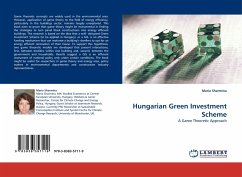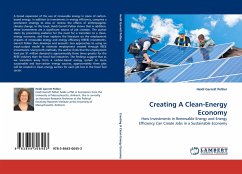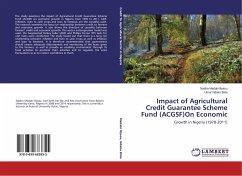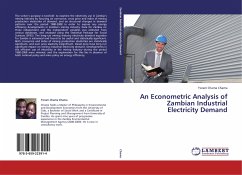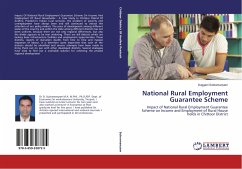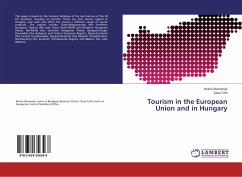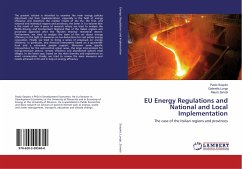Game theoretic concepts are widely used in the environmental area. However, application of game theory to the field of energy efficiency, particularly in the buildings sector, remains largely unexplored. This book aims to prove that game theory might be instrumental in finding the strategies to turn panel block constructions into energy efficient buildings. The research is based on the idea that a well- designed Green Investment Scheme (to be applied in Hungary), or a GIS, is an effective funding mechanism that can motivate a building's dwellers to opt for an energy efficient renovation of their house. To support this hypothesis, two game theoretic models are developed that present interactions, first, between dwellers within one building and, second, between the government and households. Results suggest a GIS is an efficient instrument of national policy only under certain conditions. The book might be useful for researchers in game theory and energy area, policy makers in environmental departments and construction industry representatives.
Bitte wählen Sie Ihr Anliegen aus.
Rechnungen
Retourenschein anfordern
Bestellstatus
Storno

